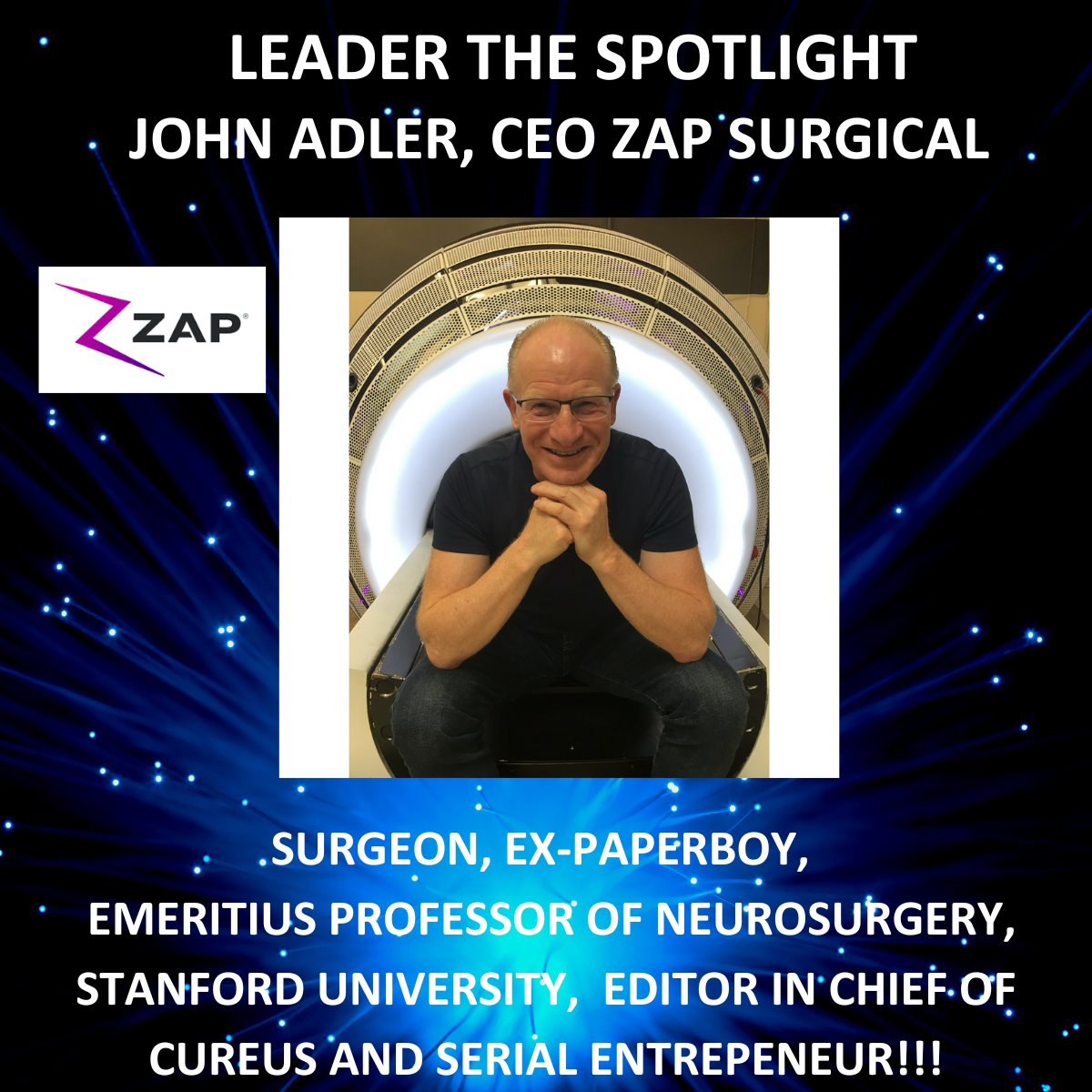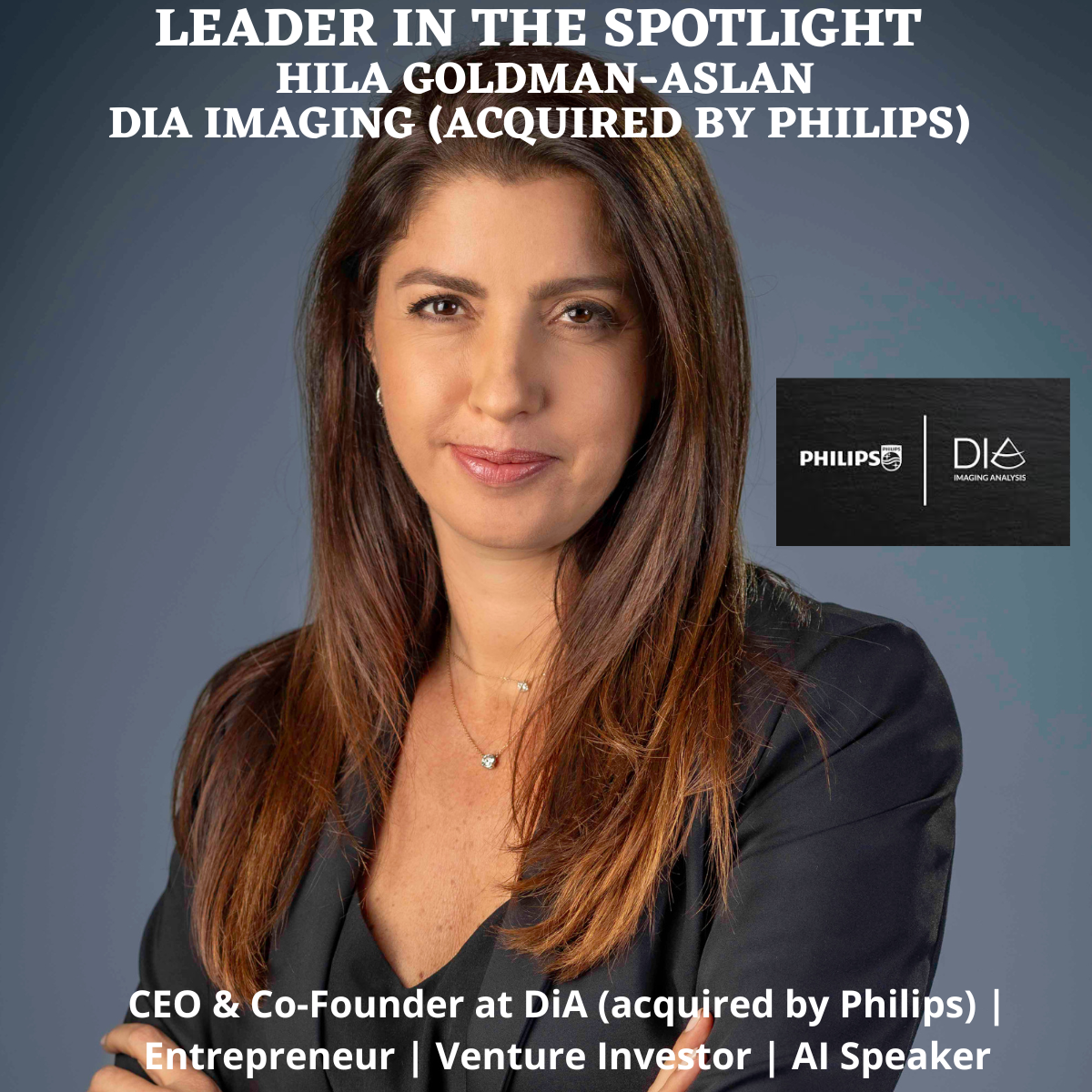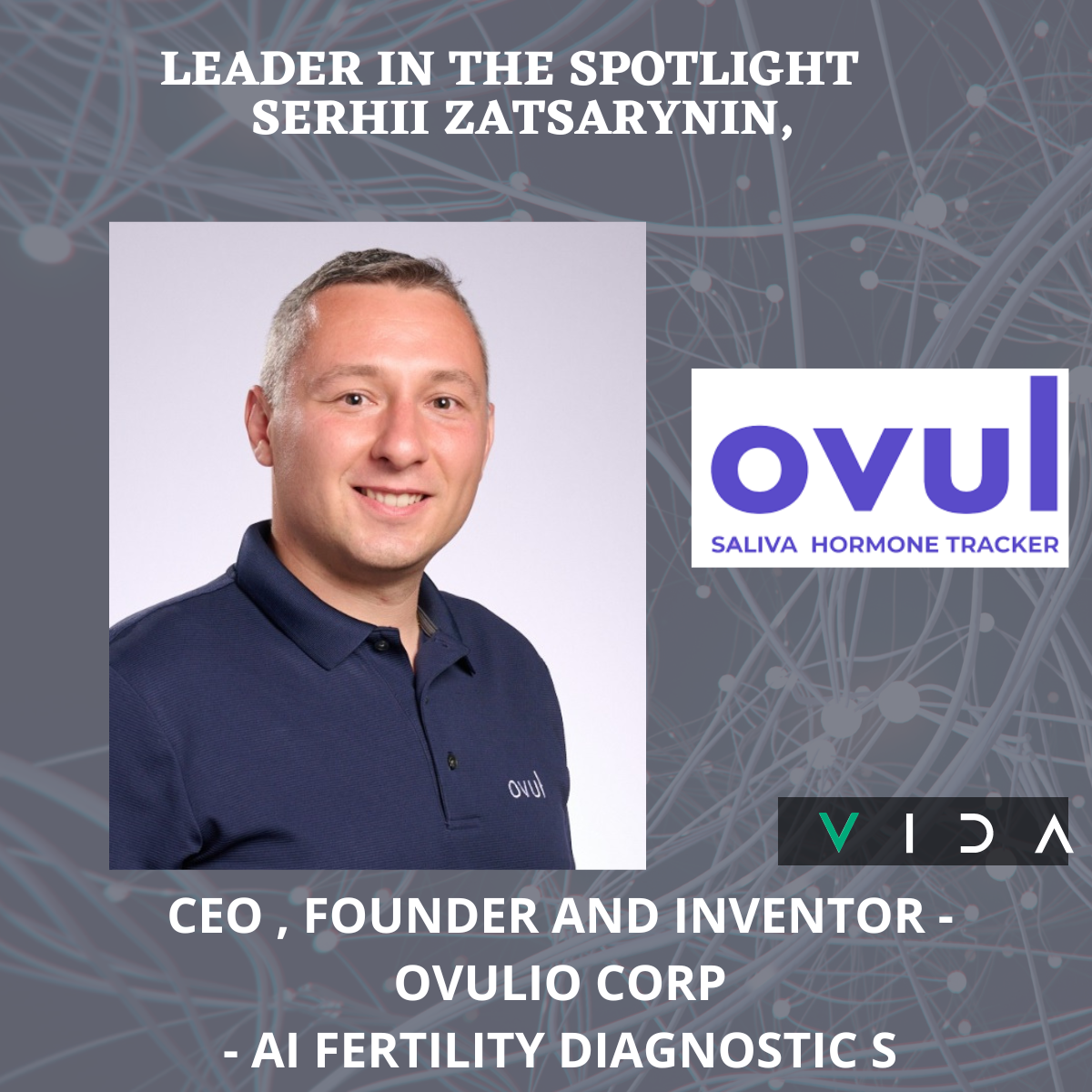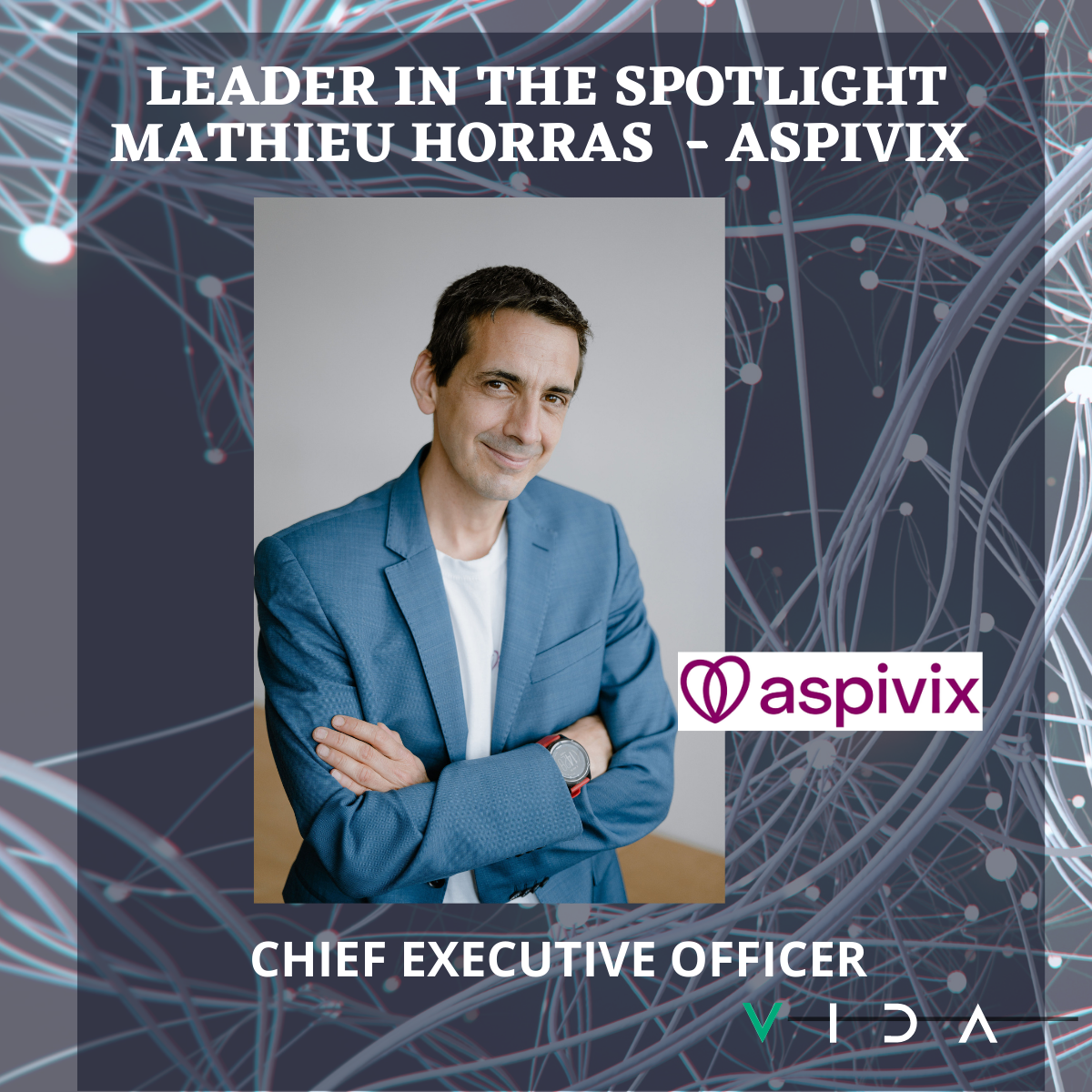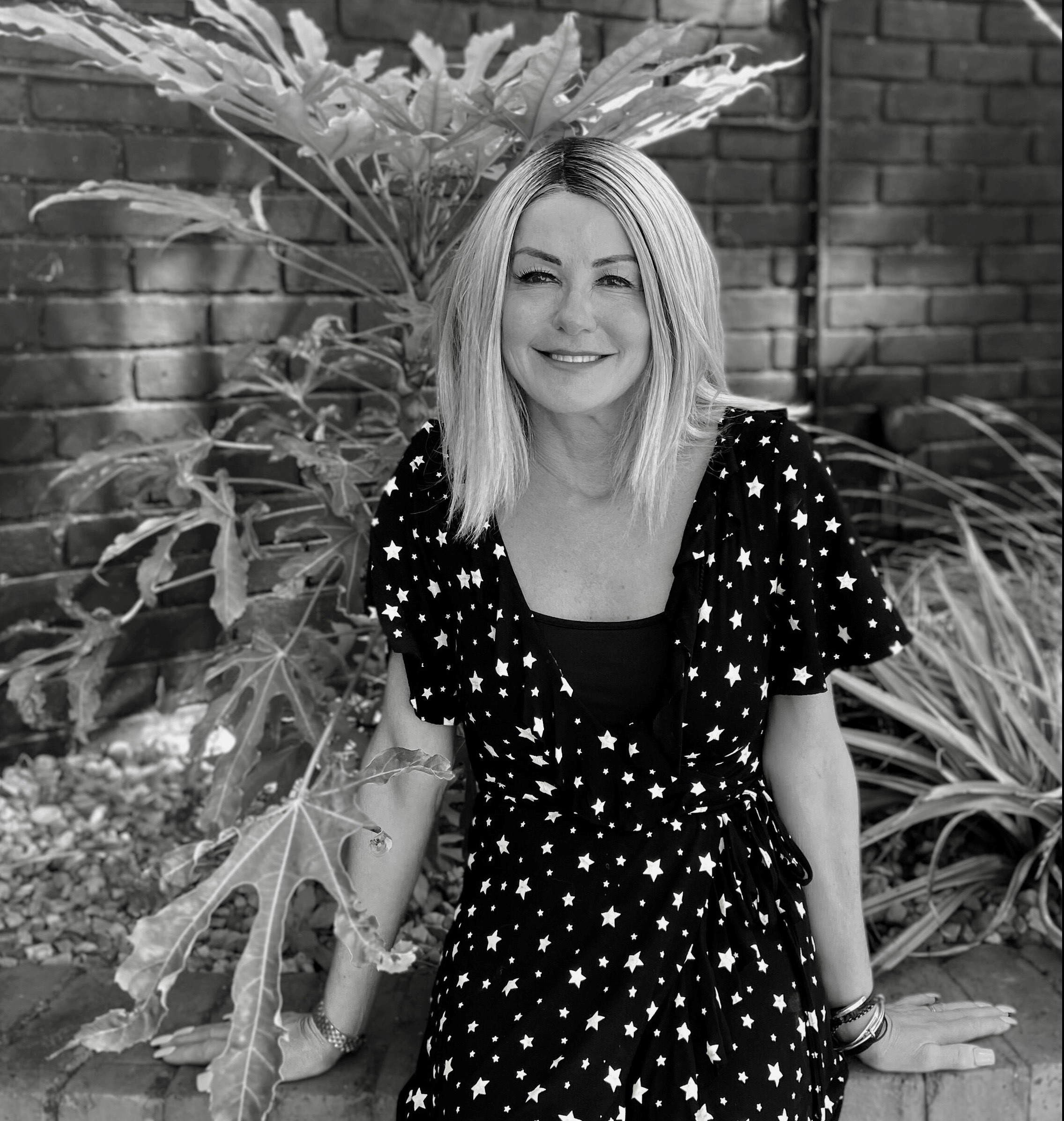
POSTED BY
Liz Moyles
Steve is very well known to many in the MedTech space, particularly Robotics. Until recently he was the Leader in Surgical Robotics and MedTech Start Ups at CMR Surgical and is still an enthusiastic advocate of the company and key stakeholder. His career is super interesting and has crossed many Medtech specialisms including Cardiovascular Surgery, Cardiology, General surgery, laparoscopy, endoscopy, and women's health. He has a wealth of experience in Start Ups and knows a thing or two about start-ups, the common mistakes, pitfalls and how to avoid them when running or setting up your own start-up / MedTech company.
I spent time with him, jealously observing the sun through his window, as he is now living in Italy and enjoying the warmer climate whilst growing his business “How to Start Up in Medtech.” Here’s what Steve had to say...
- Steve, by now you will have seen I love to lead into these interviews by asking what attracted you to this industry. Was it pure chance or a childhood dream? What did you do at university?
As a kid - growing up in fairly rough Liverpool overspill town, there was very little to dream about. But I was encouraged by great teachers at my comprehensive school to “ be more and do more”. I ended up doing Physiology & Pharmacology degrees at Leeds University and I graduated at 19 with absolutely no idea what I wanted to do. I moved to Stoke -on-Trent and ended up working on a building site with a very dear friend of mine. I have to say I think it was the most fun I’d had and was a great way to gain perspective after studying.
Back in 1990 there was no real e-mail or mobile phones, so everything was done by fax. An agency would send me fax appointments for possible jobs. At that time, I was broke with no car, no money, no house (I was living in a Girlfriend’s house) so I thought being a “Pharma rep” would be the fastest route to a car and would use some of my life sciences knowledge.
The issue was I looked about 13 years old, so even when I got an interview - no company would talk to me for longer than 10 minutes. To be fair I also had long hair, no suit of my own and borrowed dress shoes!!! .
One day, a fax landed on the desk and one of the builders dropped tea all over it. All I could read was the name of the company - the address - and a few words. I wasn’t even sure if the time of the interview was right. I did little research as everything was sketchy but I was still ready to give it my all.
I was interviewed by a legend - Dave Follows. I pitched their two great drugs “Vicryl” and “PDS” - and was cut short by the following statements.
- You’re too young for ... in this instance- Ethicon
- You look a mess, (fair enough!)
- They are not drugs they are sutures
- We are not interviewing for sutures but for a new thing called a stapler.
Long story short - I talked my way out of it and Dave threw mercy on me and fought for me. I’m in this industry today because Dave had some vision - and stood up for me. Good lesson to most hiring managers. Books and covers and all that.
- So, Steve, we nearly lost you to the Building Industry! So, what did you think of the first role?
Utter insanity. It’s hard to explain to those that haven’t done it - but back then as a “mechanical” rep we were pioneering something new. Fighting an incredible company called USSC. The first day of work I was dragged into the operating room - taught to scrub up - and placed next to a vascular surgeon to case observe.
First day - first time in a hospital and I was scrubbed for an Aortic aneurysm!!!! The aneurism ruptured and the patient passed away. That was my welcome to the world of surgery. Pretty shocking. Not quite what I expected and nothing could have prepared me for it.
The next day I went to a case where they were using a new circular stapler. It misfired and I was screamed out of the operating room and told to take my ‘dirty stapler ‘away with me.
The next day I went to collect a misfired stapler from a hospital in Leeds. I was met by an irate surgeon who took the spacer out - (A linear cutter) and proceeded to cut my tie off with it - leaving a stump and a staple line.
As I said to my girlfriend that evening when she asked, “What do you think of the job?” I had one word.
“Weird.”
- Flip, that is an incredible baptism of fire. I’m amazed you stuck with it. Youn went n to have a geeat career at Ethicon / J & J, working across numerous specialisms and across many countries and continent. What was your favourite role / challenge?
I loved my time at J&J - I was part of the laparoscopic revolution and building, what I think, was still one of the greatest companies ever - Ethicon Endo-surgery. My 16 years there were an amazing education - and I’m not sure I have a favourite as I loved every minute of being there and having the privilege to do what I did. In a memoire I will go into details of the incredible time that was my life in the medical device industry - from launching Ethicon-Endo to building a cardiovascular division in J & J, to being part of the rise of Gynecare and women’s health. Innovative times!
The biggest challenge was always trying to get senior managers that were fixed in their ways to work outside of the box. The risk culture (understandably) was low for taking risks. To innovate in Medtech you need to get into a really deep risk zone. The biggest challenge was being allowed to innovate inside the machine.
- So, having been steeped in J&J for so long, what made you think of moving to a start -up?
It was interesting - During my 16 years I was gravitating to what would be start up divisions within J & J. Start up in maturity - but not always a “real start up”. I was doing a lot of work - doing much of what an entrepreneur would do - but not getting the full start-up support, experience and the startup risk and reward. A company from California headhunted me - and that was when I decided I wanted to do the hard core start-ups. I realized if you want to experience a startup you must do it outside of a big company.
- What was the reality of a startup then in comparison to what you anticipated? What lessons did you learn along the way because I know you are a serial start-up person …
I honestly believed after 16 years in J&J I knew about medical devices and running a business. But the reality was… I knew about a small vertical. The baptism by fire in a Start-up is, that you need to really know how everything gets built from zero. You soon realise it is really hard to build a business when you don’t have the big company logo on your business card. It’s fast paced like nothing in a big company. Key lessons - in a startup- all you do is raise money! Burn money! Raise money!
Personally, I love the start-up pace and frenetic nature. It’s wild west frontier stuff.
- You worked at several startups, and I think at one point you even considered hanging up your shoes. What changed?
Yes, operationally, start-ups take a massive toll on you. Stress, travel, keeping the company alive. It’s intense. I came off the back of 4 startups more or less sequentially. I was a bit burned out and wanted some time off. So, I got into the “early retirement” mode. But then the CMO of CMR surgical asked me to check out their robot idea. I told him to “leave it to Intuitive Surgical”. But he insisted I meet him, and when I saw it, I knew it was very different.
I understood this was a game changer - and the founders at CMR needed someone with deep industry experience to build the commercial side of the house. It was a worthy challenge and we built it to a Unicorn and to be the number 2 player in the soft tissue robotics space. So, it was a great ride.
- You stayed with CMR until recently …. so now you are setting up your own start -up …… how does this experience differ/ what led to you launching this business?
So, my current venture is one of many. I realized there are very few people, with the time, or dedicated focus and the real deep knowledge and experience of Medtech startups, who actually help others. There si so much to share, lessons learned, scar tissue etc.
For the last 2 years people have been asking me, “How do you startup a startup?” I would be on the phone for hours repeating the same advice. One person suggested I record a session and they would be willing to buy access to hear it. Bingo. That was how my online course was born. It’s scalable.
It’s a start-up of a sense but it’s really an education entity. What excites me is to see other entrepreneurs have lightbulb moments. You can literally see the connection in their head and the “ahhhhhh………… that’s why you do that. We’ve been doing it wrong.” I think for me that is the exciting thing - to see struggling startups just flip around. There’s no real rocket science - but there’s just key things to keep you out of trouble.
My aim is to make Medtech startups fail 25% less. Move us from 75% to 50% failure. Seems like an odd goal to have a target of 50% failure - but that would be a massive difference for our industry.
- What feedback /response are you receiving to date on your concept?
Massively positive. The appetite is huge and the number of people and companies struggling is massive. Especially as now anyone and everyone wants to do start ups. Digital apps have also lowered the barrier. But few people know where to even start.
I’m getting huge thanks from first time founders as it makes the path clear and easy to follow. But I’m getting huge praise from founders that have been doing this for a few years and are struggling. It gives them defined action steps to turn the start up around - and gets them off the “doing” and into the “thinking” so they can re-strategise. It improves efficiency and reduces mis-steps. It’s only been going since January and the sign-ups are way ahead of what I thought. My site is already getting 200 to 400 visitors per day!
- So, what are your next audacious goals?
I want to digest this work for the next 3 months. I’m then joining a couple of boards to help a few select companies. I have a tonne of private projects with property development, AIRbnb business, music projects with my wife and guiding her with her family business of beach cleaning tech. So, my dance card is pretty full at the minute.
- What is the most constructive piece of feedback you have ever received from a KOL /mentor or who has played a key part in your career?
My biggest issue is that I find it quite easy to assimilate information and create a simple strategic pathway. (I’m quite often actually wrong by the way) - but the best advice I got was, to make sure I take people along with me. And to do that - talk in stories. I think I’ve sort of got that nailed - to take people on a story with me so they buy in.
- What’s been the quirkiest thing that has ever happened to you in work.
Won’t say where - but we went for a cadaver lab many, many years ago. And when we got there I asked “Where’s the cadaver?” The answer was “She’s not passed away yet… but should be soon.” 3 hours later we had a cadaver. That was weird!!!!!!
- Looking back on your career, is there anything you regret having done / not done, which could serve as a learning for others who are reading this?
Lots of things that I feel are regrets. But I wish that earlier on in my career I would have been even more vocal when my gut told me something was wrong. I think a lot of not-so-great things could have been avoided. When I see something now- I point it out even if it hurts people’s emotions or not. You have to say and do what’s right - always.
- What, if anything frustrates you – or what opportunities do you think we are missing in Medical Devices / MedTech /Healthcare?
I think that both startups and big companies have not genuinely understood their actual roles and we haven’t worked out a “build to buy model” that works. Startups are great at starting up and getting stuff done. Strategics are great at taking things to massive scale. The industry burns way too much cash and human effort by each of those trying (and doing bad jobs) of something they are not built to do. I wish startups would get funded and be prewired to hand over when the beta launch is complete. I think the industry would benefit massively from that.
- What advice would you give to someone who is looking to enter this space, whether that is a fresh graduate straight out of university, or someone looking to transition their career?
Get educated. This is not a place for “have a go heroes.” Go through a big company and do an apprenticeship and learn healthcare. Do this, if you want to work within or launch a startup, or if you want to one day aim for a consultancy job. Learn the ropes; learn the industry and when it’s time to do a startup - get educated.
First time founders with no clue will most likely crash and burn. If you’ve got a great idea - put it in the hands of a serial founder and learn from them. Then do the next one yourself. Of course, get on my course - learn the methodology - it’s a science not a guessing game !!!!
- Finally, what song would get you on the dance floor or singing karaoke?
So I’m not allowed to say my “Wife’s music of course” - but go check out Ginny Vee. So besides that, for the dance floor - will still take anything from ABBA - never ages on the dance floor (unlike me). More modern Due Lipa - brilliant Ronson production. For karaoke - I’m not allowed. I can write music, compose, produce - but my singing is utterly horrible. My wife has banned me even uttering a note.
Wow that was one hell of an interview Steve !
